Season 2, Episode 10 – Carey Gillam
-
-
Carey Gillam is a veteran investigative journalist with more than 30 years of experience covering US news, including 17 years as a senior correspondent with Reuters international news service (1998-2015). She is the author of “Whitewash- The Story of a Weed Killer, Cancer and the Corruption of Science,” an expose of corporate corruption in agriculture. The book won the coveted Rachel Carson Book Award from the Society of Environmental Journalists in 2018. Her second book, a narrative legal thriller titled The Monsanto Papers, was released March 2. 2021.
She also has contributed chapters for a text book about environmental journalism and a book about pesticide use in Africa.
Gillam testified as an invited expert before the European Parliament in 2017 about her research, and was a featured speaker at the World Forum for Democracy in Strasbourg, France in 2019. She also has been a keynote and/or panel speaker at events and universities throughout North America, Australia, The Netherlands, Brussels, and France.
Gillam writes regularly for The Guardian. Her work has additionally been published in The New York Times, Huffington Post, Time, and other outlets.
In May of 2022, Gillam helped launch a non-profit environmental news outlet called The New Lede as a journalism initiative of the Environmental Working Group.
Gillam is a member of the Society of Environmental Journalists, the Society of Professional Journalists and North American Agricultural Journalists.
-
“If you’re going to fight for anything, you should fight for freedom of speech.”
Today on the pod, we have the inimitable journalist Carey Gillam. Carey shares her Kansan origins, what drew her to journalism in the first place, her career trajectory from national correspondent to uncovering Monsanto’s wrongdoings, how she’s stayed resilient in the face of corporate pushback, the value of non-profit journalism, dissecting the concept of “truth”, the need for nuanced thinking, and more.
In this candid conversation, Ashley and Carey get real about their individual experiences as women in the media facing hostile actors. Thought-provoking and powerful, we end our second season with the urgent call for freedom of speech and freedom of the press.

